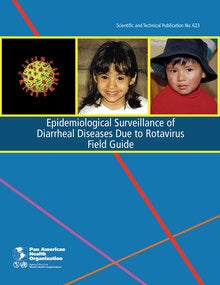The Expanded Program on Immunization is viewed as one of the most successful public health experiences in the Americas because it has played a pivotal role in reducing infant mortality from vaccine-preventable diseases in the Region. In fact, since the program was launched, our countries stopped the transmission of wild poliovirus in the Region in 1991 and interrupted indigenous measles transmission in November 2002; they also are making significant gains in the battle to eliminate rubella and congenital rubella syndrome. In addition, national immunization programs are undertaking extraordinary efforts to identify at-risk populations and overcome inequities in vaccination. To maintain these advances and to cope with new challenges, such as the introduction of new vaccines, partnerships will have to be strengthened among governments, donor agencies, the private sector, scientific associations, and society as a whole.
|

